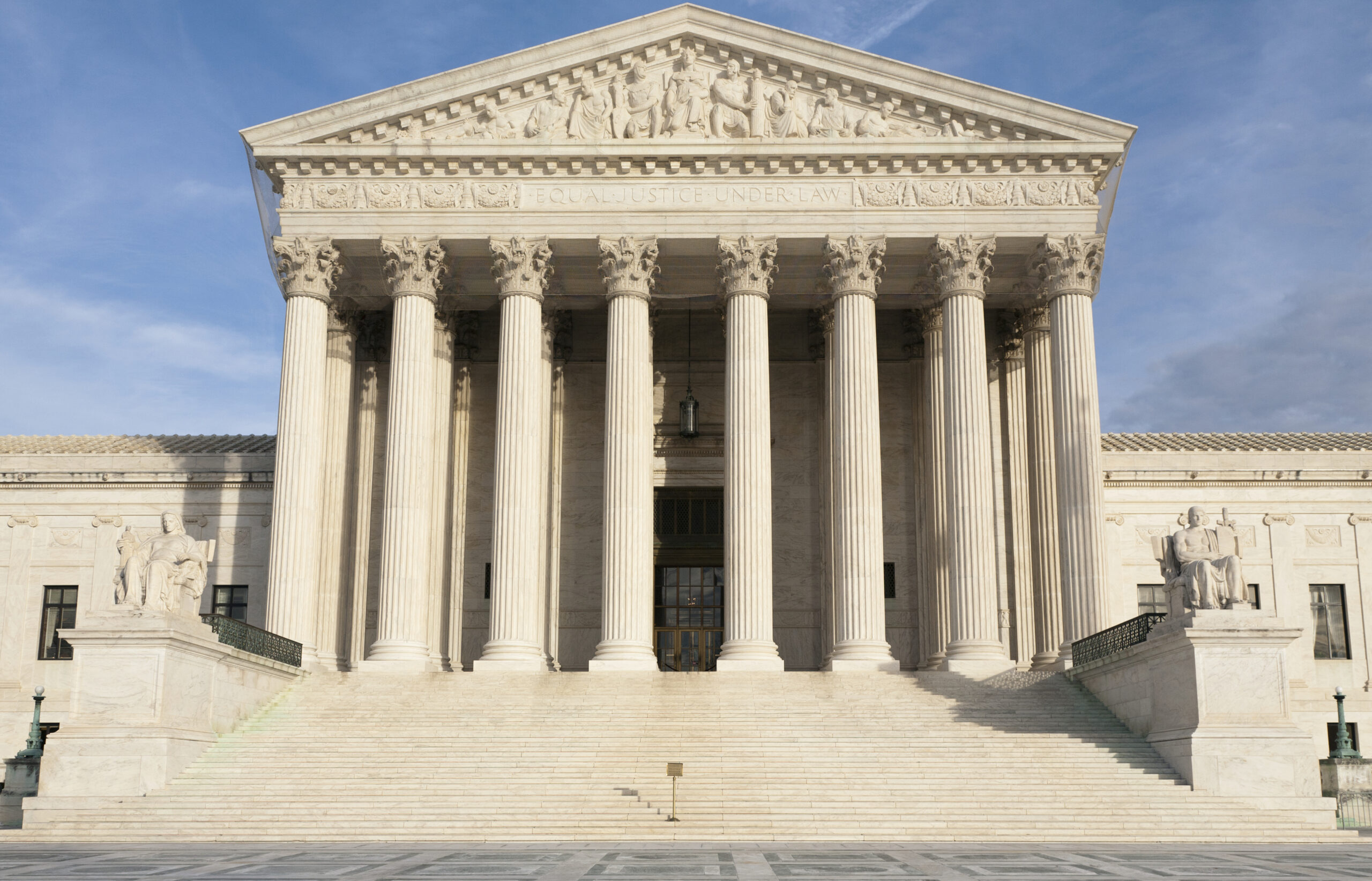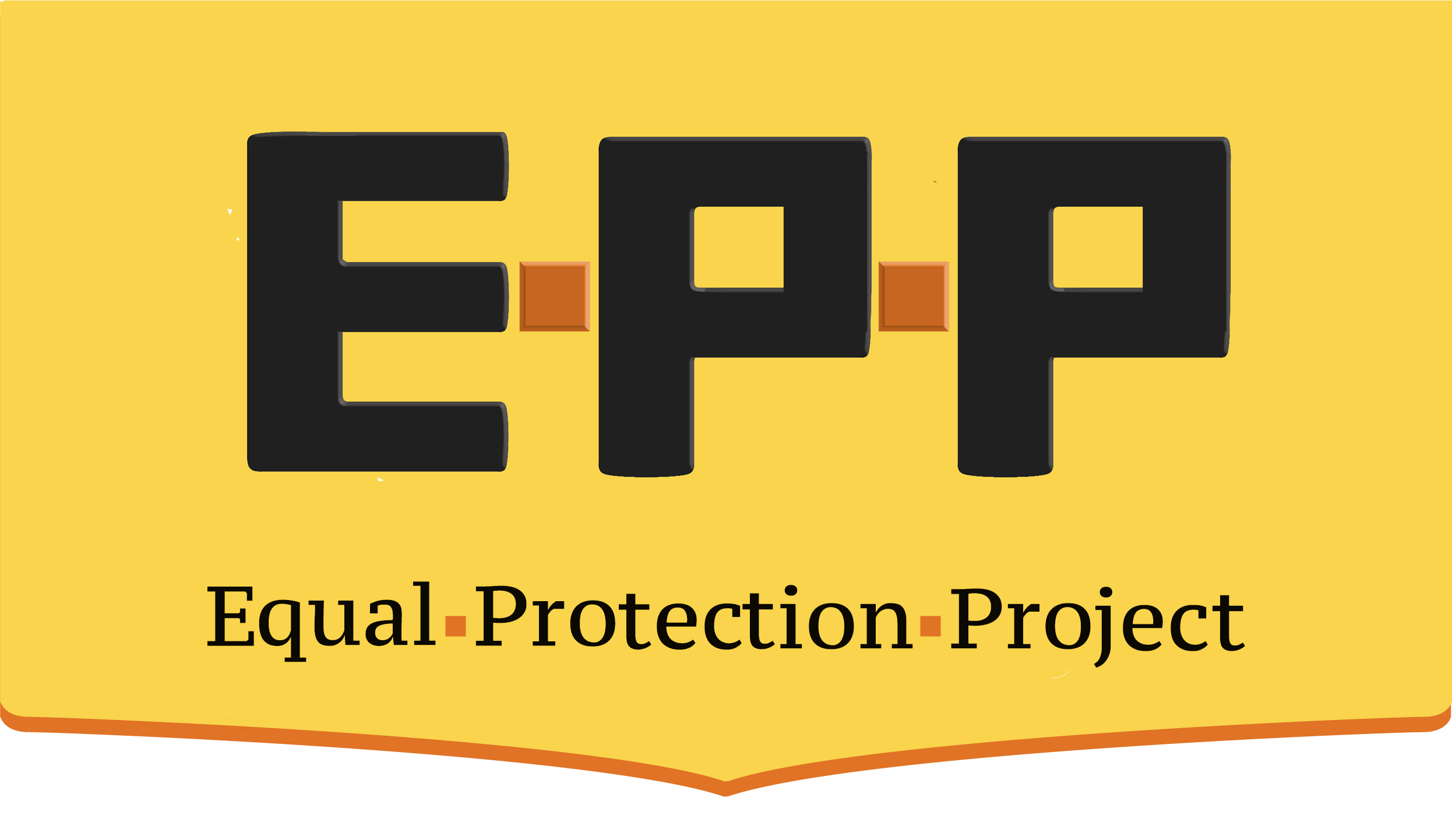
Case
Equal Protection Project supports First Amendment rights of anonymous donors at U.S. Supreme Court
Case Particulars
Tribunal
U.S. Supreme Court
Date Filed
August 28, 2025
Docket No.
24-781
Case Status
Amicus brief filed supporting Petitioner
Case Overview
On August 28, 2025, the Equal Protection Project (EPP) filed an amicus curiae, or “friend-of-the-court,” brief in the United States Supreme Court in First Choice v. Platkin.
This case, which the high court has accepted for review and oral argument, involves the ability of anonymous donors to non-profit groups to remain anonymous in the face of government demands for disclosure of their identities. The Court’s resolution of the questions presented will impact the free association rights of donors across the ideological spectrum.
If the Attorney General of New Jersey, and officials in other states, can force the disclosure of the identities of private donors, he can chill those individuals from continuing to participate through donations. If those donations end, organizations like First Choice Women’s Resource Centers, Inc., may cease to exist or curtail their charitable work.
EPP’s brief offers the Court three additional reasons it should protect the First Amendment rights of anonymous donors to those offered by First Choice:
First, we address the high likelihood of such potentially government-held private donor information becoming public through technological access to online data or leaks.
Second, we examine the worsening ideological divide, and use of political violence, in the United States. Such targeting is likely to occur if and when otherwise anonymous donor information becomes public.
Third, we address the long-held tradition in the United States of anonymous political participation. Indeed, many of our Founding Fathers exercised this exact option in order to protect themselves and their property from reprisal.
At stake in this case is not only the free association rights of Americans expressing themselves anonymously through donations to charitable organizations, but the ability of those organizations to continue serving the public interest. The Court should protect the First Amendment.


